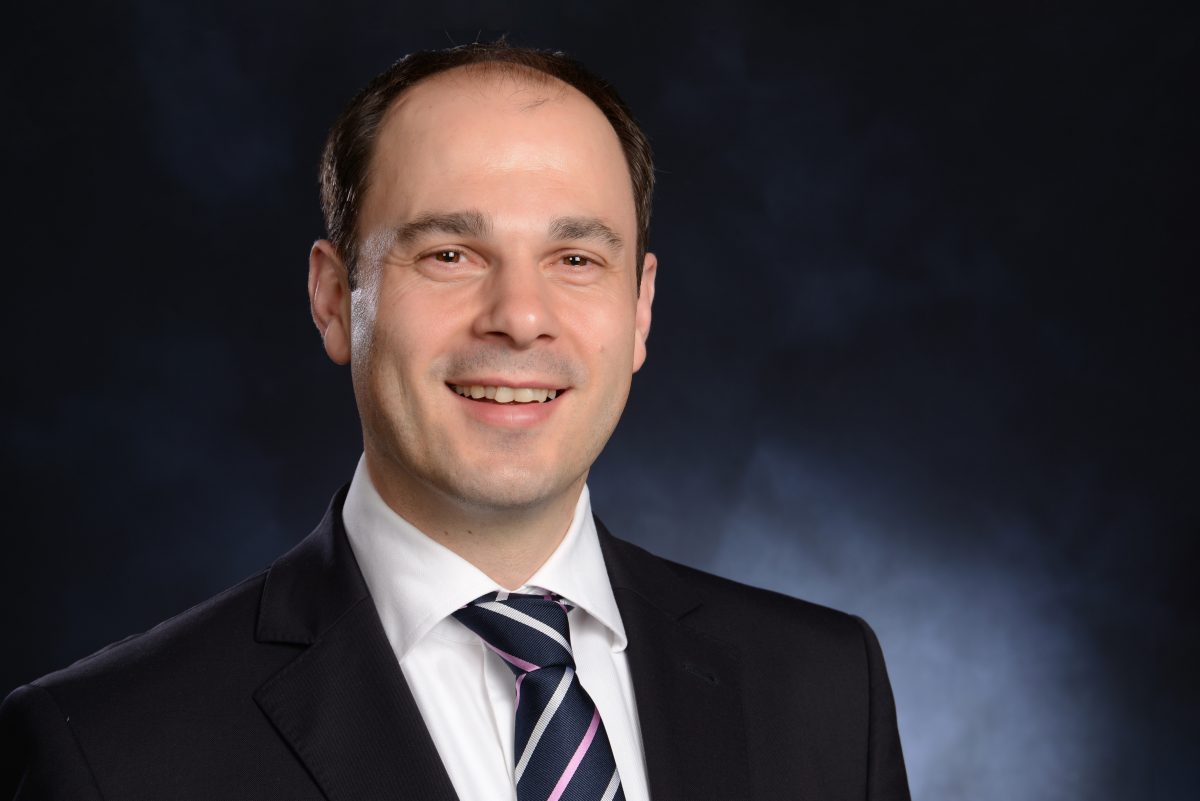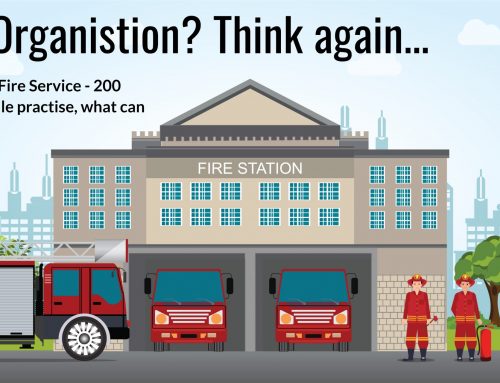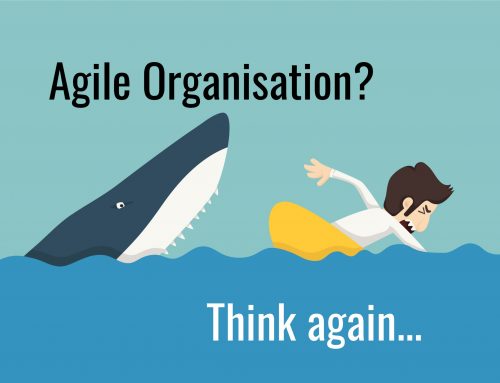2021/06/21
The headline is lurid, it’s seductive, and it’s just plain wrong. If there were a miracle accelerant for effective leaders, you would use it immediately and enjoy the results.
And yet I maintain: There is something that helps managers always and everywhere. In all situations in life and business, in all situations and contexts, and regardless of the people they are dealing with.
I’m talking about effective communication. A short quick run-through:
- Communication is not information. Information is one-sided, communication always two-sided and often even more versatile than one thinks.
- Effective communication means: The communication has an effect as a People have not just talked, discussed, negotiated or even argued with each other. No, something has come out of it: A sequence of actions, reactions, emotions, actions, etc.
I experience a fruitful communication of executives at the following conditions, also that in a fast run:
- I am self-aware about my being, my abilities, my strengths (and weaknesses), my charisma, my body language, and much more. I like to summarize it in one word: Mindfulness (towards myself and others).
- Being mindful of myself is the prerequisite for being able to adopt a basic attitude that says: I am okay, you are okay[1]. This basic attitude means that there is not only my perspective as a manager, but also many other (legitimate) perspectives. I like to summarize it in one word: Recognition (of my and other perspectives).
- As I move through my life in a mindful and appreciative way, I can fulfill the third requirement for effective communication: Expressing myself appreciatively [2]. I like to sum it up in two words: Appreciative expression (of what I perceive and experience).
The above conditions lead to the following consequences for executive professionals:
- They have an inner and outer clarity, which they also express clearly in the matter, but appreciatively towards other fellow human beings.
- They know their (anytime!!) impact through their body language, nonverbal and verbal, oral and written communication.
- You meet other fellow human beings at eye level.
- They encourage diversity of opinion, but lead consensus in terms of results and outcomes, and moderate where necessary.
- They make announcements and rules only where necessary – because most adult people don’t need that.
- They keep promises and
The prerequisites and consequences of effective communication presented here in fast forward are not learned overnight. Just like learning a foreign language, you have to learn them step by step, practice them, train them, and often reflect on them as well. Some executives do this on their own, while other executives take the time to learn, reflect and practice together with an executive coach.
One thing is certain: Just as one day you will be able to speak a foreign language with regular training, with constant communication training you will be able to experience in a wonderful way what effective communication creates: a fruitful cooperation with results and joy that it is so.
[1] This basic attitude was probably first described in transactional analysis by Eric Berne.
[2] In my experience, this expression of appreciation must be learned step by step and developed on a daily basis. As a core method, I recommend inner and outer self-talk (which, by the way, most experienced speakers and presenters practice regularly).





